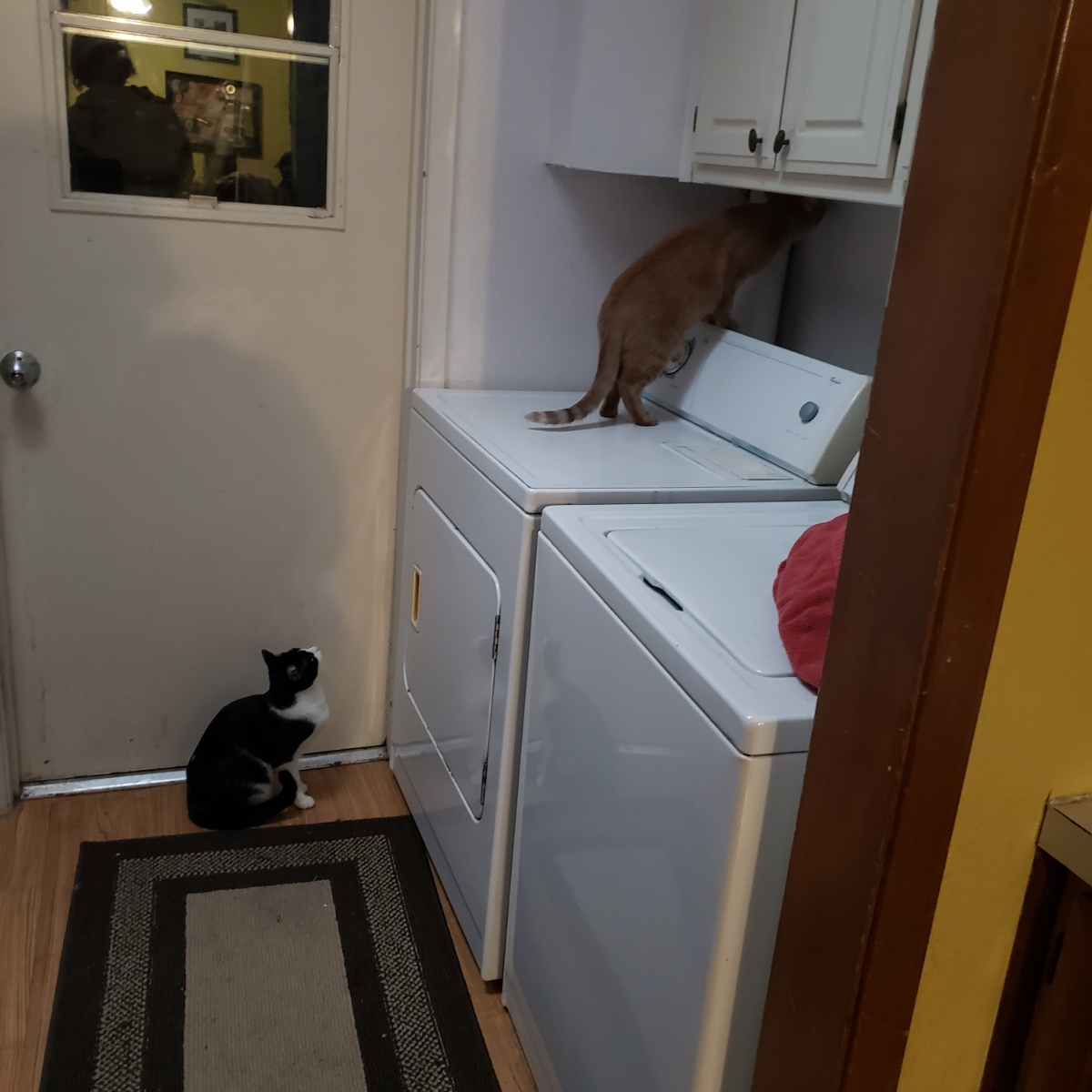Rodents, such as mice and rats, can be a source of allergens that can trigger allergic reactions in susceptible individuals. Allergies to rodent dander, urine, saliva, and droppings can cause various symptoms, ranging from mild to severe. Understanding the symptoms and available treatment options is essential for managing rodent-related allergies effectively. In this article, we will discuss the symptoms of rodent-related allergies and the treatment options available.
Symptoms of Rodent-Related Allergies:
- Respiratory Symptoms:
– Sneezing
– Runny or stuffy nose
– Itchy or watery eyes
– Nasal congestion
– Coughing
– Wheezing or shortness of breath
– Chest tightness
- Skin Symptoms:
– Itchy skin
– Skin rashes or hives
– Redness or swelling of the skin
– Contact dermatitis (inflammation of the skin upon contact with allergens)
- Asthma Exacerbation:
– For individuals with pre-existing asthma, exposure to rodent allergens can trigger or worsen asthma symptoms, such as coughing, wheezing, chest tightness, and difficulty breathing.
Treatment Options:
- Allergen Avoidance:
– The primary approach to managing rodent-related allergies is to minimize exposure to allergens. Follow these steps to reduce allergen exposure:
– Remove rodents and their nests from your living environment.
– Seal any entry points to prevent rodent infestations.
– Clean and sanitize areas where rodents have been present, including droppings or urine stains.
– Improve ventilation and air filtration in your home.
– Keep pets away from areas where rodents may have been present.
- Medications:
– Antihistamines: Over-the-counter antihistamines can help relieve common allergy symptoms, such as sneezing, runny nose, and itching.
– Decongestants: Decongestants can temporarily alleviate nasal congestion associated with rodent allergies. They are available as oral medications or nasal sprays.
– Nasal Corticosteroids: Prescription nasal corticosteroid sprays can reduce inflammation and relieve nasal symptoms caused by rodent allergies.
– Eye Drops: Over-the-counter or prescription eye drops can help alleviate itchy, watery eyes associated with rodent allergies.
– Asthma Medications: For individuals with asthma, inhalers or other prescribed asthma medications may be necessary to manage asthma symptoms triggered by rodent allergens.
- Immunotherapy:
– Allergy Shots: Allergy shots, also known as allergen immunotherapy, involve receiving regular injections of small amounts of allergens over time. This treatment can help desensitize the immune system to rodent allergens and reduce the severity of allergic reactions. Allergy shots are typically administered under the guidance of an allergist.
- Consultation with an Allergist:
– If you suspect you have rodent-related allergies or are experiencing persistent allergy symptoms, it is advisable to consult with an allergist. An allergist can perform specific allergy testing to identify the specific allergens causing your symptoms and recommend appropriate treatment options tailored to your needs.
Rodent-related allergies can cause a range of symptoms, from respiratory issues to skin reactions and asthma exacerbation. Minimizing exposure to rodent allergens through allergen avoidance measures is the first line of defense. Additionally, over-the-counter medications, prescribed medications, and immunotherapy can help manage symptoms and provide relief. Consultation with an allergist is recommended for proper diagnosis, allergen testing, and personalized treatment plans. By taking proactive steps to minimize allergen exposure and seeking appropriate treatment, individuals with rodent-related allergies can effectively manage their symptoms and improve their quality of life.




